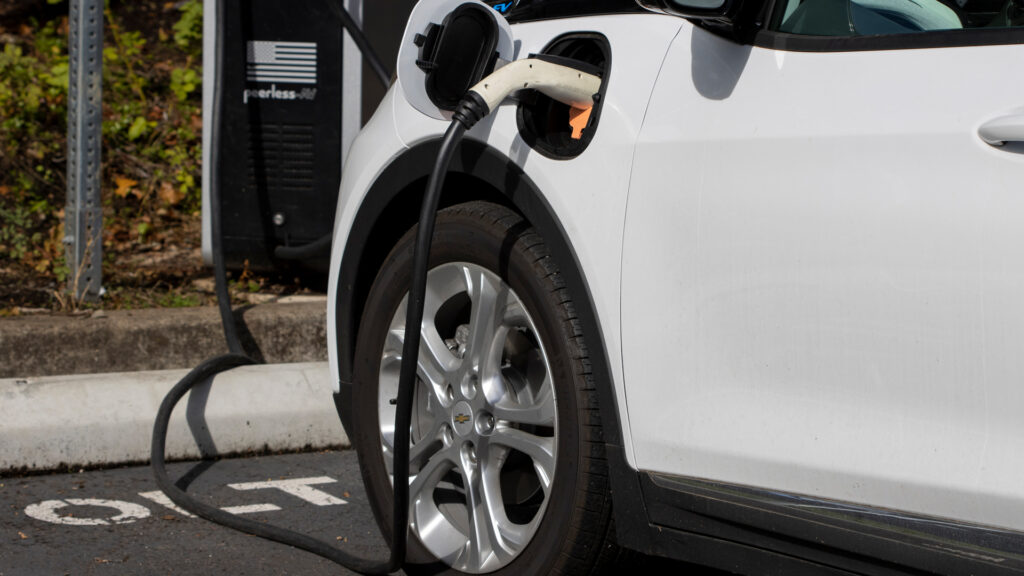By Mary Linn and Kevin Cooper
Across Florida, new college graduates are celebrating the arrival of that time when they get to ditch the schoolwork and step into the “real” world, ready to take hold of their future. But with that great anticipation comes a massive reality check: It’s not always easy to find a job right out of college.
Thankfully, one job market in Florida has the potential to supercharge the careers of recent grads — literally and figuratively. Florida’s electric vehicle (EV) market is booming, posing a real opportunity for employment.

As a result of the Bipartisan Infrastructure Law, Florida is receiving almost $200 million in federal funds to increase its statewide inventory of EV charging stations. Funds may be used to purchase and install EV charging infrastructure and to cover operating expenses, the purchase and installation of traffic control devices located in the right-of-way, on-premises signage, development activities, and mapping and analysis activities.
With such a large sum of funding available, Florida’s electrification transportation industry faces a challenge: how to effectively leverage what’s available. The solution? Hiring young talent to assess the holistic needs of the industry.
From scientists conducting research in electric drive technology, to the manufacturing workers who build the vehicles, to those building out electric charging infrastructure, job opportunities abound in Florida’s EV industry.

Electrification is already making a splash in our area. Just last year, Indian River State College received a three-year, $2.7 million award from the National Science Foundation to establish a National Electric Vehicle Consortium. The purpose of the grant will be to help alleviate an immediate shortage of skilled technical workers across almost every sector of the fast-growing electric vehicle industry.
The Consortium will focus on manufacturing, installation, safety and standards, and other emerging technological advances within the EV sector. Indian River State College will lead efforts that link academic, agency and industry experts across all electric vehicle disciplines, including 15 community colleges, 19 industry partners, two research universities, and NSF Advanced Technical Education Centers and projects.

The Sunshine State currently ranks second in EV sales and the market only continues to grow. The recent passage and upcoming signing of Florida’s Total Cost of Ownership bill will undoubtedly bolster the industry further, prompting many of the state of Florida’s fleet vehicles to go electric.
Florida’s future is electric. So this is the perfect time to talk to your graduate about driving forward into the electric vehicle field, steering them on a road to success.
Mary Linn is the Florida/Georgia campaign organizer for the Electrification Coalition, a nonpartisan, nonprofit organization that advances policies to facilitate widespread adoption of plug-in electric vehicles. Kevin Cooper is principal investigator of the national electric vehicle consortium headquartered at Indian River Community College.
If you are interested in submitting an opinion piece to The Invading Sea, email Editor Nathan Crabbe at ncrabbe@fau.edu. Sign up for The Invading Sea newsletter by visiting here.



